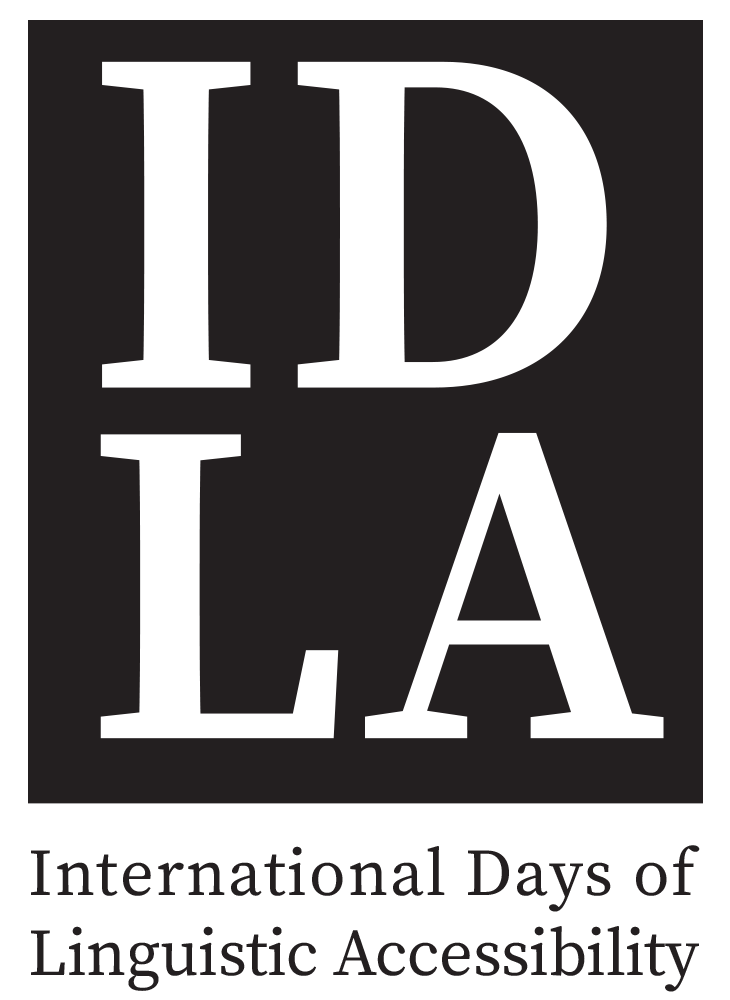Tanja Gavrilov, MA, Senior Lecturer (Humak UAS) & Lena Segler-Heikkilä, PhD, Principal Lecturer (Diak UAS)
In the presentation, we focus on what has to be considered during the planning and the realization of a linguistically accessible seminar. By using the IDLA-seminar and the seminar organized by Core Issue: Linguistic accessibility in social services and health care -project as examples, the presenters discuss several different important factors that need to be realized. Please survey the Core Issue Seminar on YouTube in advance: https://youtu.be/tJbzPB_S0cQ.
A linguistically accessible seminar can be carried out in different places and environments. The seminar can be helt face to face, online or as a combination of both, a so called hybrid seminar.
During a hybrid seminar, the event is broadcasted online real-time. During the planning process of a linguistically accessible seminar, it is crucial to remember that the same solutions may not work in both environments. For example, different sign language interpreters should be used both in the seminar room and online. Instead, the same speech to text interpreting can be used as well online as in the face to face -seminar.
Before planning a linguistically accessible seminar, it is crucial to consider the focus group, the presenters and the languages that will be used during the seminar. When different language users and a diverse and multilingual audience are considered already during the planning process, the seminar will get a wider audience and the participation in the seminar is more equal.





